Miss Der Ha is 18 years old. She is in grade 5 at Tuya Secondary School. She lives in Nonghet District, Xiengkouang Province. Miss Der Ha is a Pass It Back Coach at the bronze level.
Here is Der Ha’s background before becoming a rugby sport Coach. In the past she had never played sport, but later she was encouraged by her senior school friend to train children in her village. Der Ha also told her that she wanted to teach children and to learn about how rugby was played as she had never played it.
Therefore, she applied for being a Coach as advised by her senior school friend. Nevertheless, she did not expect to be selected for a coaching position because she had never played rugby before, so she thought she would definitely not be selected. After a few days, she received a phone call from the Lao Rugby Federation telling her that she was selected to be trained as a rugby Coach. She attended the training in Phonsavanh about how to train rugby and life skills. In addition, she learned how to plan her training from her own peer partner.
Since that first training, she has attended several more trainings and currently, she is coaching three girls teams. Two of Der Ha’s teams are players between 14-16 years old and one team is made up of players between 11-13 years old. Her athletes are from two nearby villages. Her peer partner and herself train their athletes every day until the activities end. Der Ha talked about her Coaching experience: “I want to develop children and work with adults to develop myself in order to work with others better.” Since being a Coach, she has learned how to work with children or other athletes in nearby villages, how to provide first aid care, how to plan her tasks and training lessons for the children. In addition, Der Ha also said that she liked providing the first aid care to athletes when they got bruised or injured during a training session, especially cleaning wounds. Der Ha thinks that the trainings and coaching work have been very good opportunities for her to learn how to work with the Lao Rugby Federation and to learn more about how to train rugby and life skills so she could bring these lessons back to develop every child in her village.
Der Ha commented on activities in her district, “All rugby athletes took the lessons learned from our rugby training to apply in their daily lives. There were many athletes participating in the rugby training and the life-skills lessons helped them learn how to make plans for their lives and future goals.”
In the past Der Ha had never been to other districts and provinces, but after being selected as a rugby Coach, she attended the training in Vientiane capital, so she had a chance to see a developed town, which contributed to her way of thinking. For example, she wanted to complete her study first before getting married. She also said: “I do not want to get married too early as our lives have a long way to go. I want to develop myself and all children.
If married, we will lose our opportunity and our development will be stopped. In addition, my life will also become difficult and face with many hardships because when we get married too early, we will not be educated enough and our health condition could negatively impact on our children or we may not be able to raise our children.” She added that she had seen many of her friends, who did not participate in our activities, marry at very young ages.
In the future, Der Ha wants to be a medical doctor because she wants to take care of her own family and others. But if she is not able to study in a medical program, she will take the Information and Technology course as she wants to learn more about computer application.
From this case study, we can see that Der Ha never played rugby before, but she really wants to develop children in her own community. She attended the short training in Phonsavanh and then other trainings in Vientiane Capital. At the trainings, she learned how to provide first aid care, how to train rugby and how to teach life-skills to children. She hopes the activities will continue in her village so that herself and other athletes will be able to develop in rugby and many children will be able to learn how to plan for their future. Coaches will also be able to further apply their abilities to train children.
By being a Coach, she learns how to set her own goals because she has an opportunity to learn from different districts and provinces, knowing how far they have developed. Der Ha wants to complete her study and to have a secured job before getting married. That is a very good example for girls. Finally, by involving in some medical lessons at the Lao Rugby Federation, she’s become really interested in medicine and wants to study this program further.





